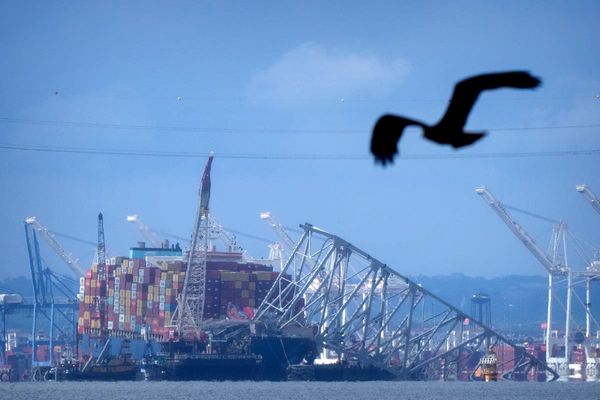
A modest stone smokehouse blackened with the history of Britain’s love-hate relationship with the kipper has been given listed status.
Kippers, split and smoked herrings, are either a wonderful, goodness-packed taste of the sea; or they’re full of bones with a lingering, fishy whiff.
Neil Robson, whose family for four generations has owned the newly listed smokehouse in the Northumberland village of Craster, admits he does carry the kipper smell around with him. “It’s not everyone’s cup of tea,” he said.
Bur he is delighted that the smokehouse has been listed at grade II by the Department for Culture, Media and Sport on the advice of Historic England.

The smokehouse was built in 1856 and is a rare surviving remnant of north-east England’s once thriving herring industry.
From the mid-1800s to around 1920, most coastal towns and villages in the region would have had a smokehouse to preserve locally caught fish for a national and international market.
In the 1920s and 1930s the herring business went into decline causing many firms to go bankrupt and smokehouses to fall into disuse. One reason was how much cheaper fresh fish such as cod became because of railway transport and refrigeration.
Overfishing of herring in British waters in the 1970s collapsed stocks, leading to even more closures.
Craster has long been associated with fishing and fish curing. Today L Robson & Sons is the only surviving fish curing business in the village and still produces Craster kippers in the traditional way – hanging the herring on tenter hooks and smoking them for 16 hours using fires on the ground, fuelled by whitewood shavings and oak sawdust.
There have been ups and downs, not least the supply problem with herrings now coming from Norway.

Kippers, bread and butter was once a tea-time staple for generations of working-class families. Those days have gone but kippers for breakfast still has fans. The late Queen was said to be partial to them and Waitrose stocks L Robson’s Craster kippers.
Sarah Charlesworth, the listing team leader for Historic England in the north, said kippers were an integral part of Craster’s cultural identity “and the smokehouse is a physical embodiment of the village’s special character, as well as a living monument to the north-east’s historic fishing industry”.
The listing means the building now has special protection. “I don’t know what happens if we can’t get any herring at any point in the future,” Robson said, laughing. “I’ll have to turn the smokehouse into a museum.”







